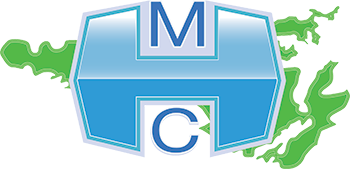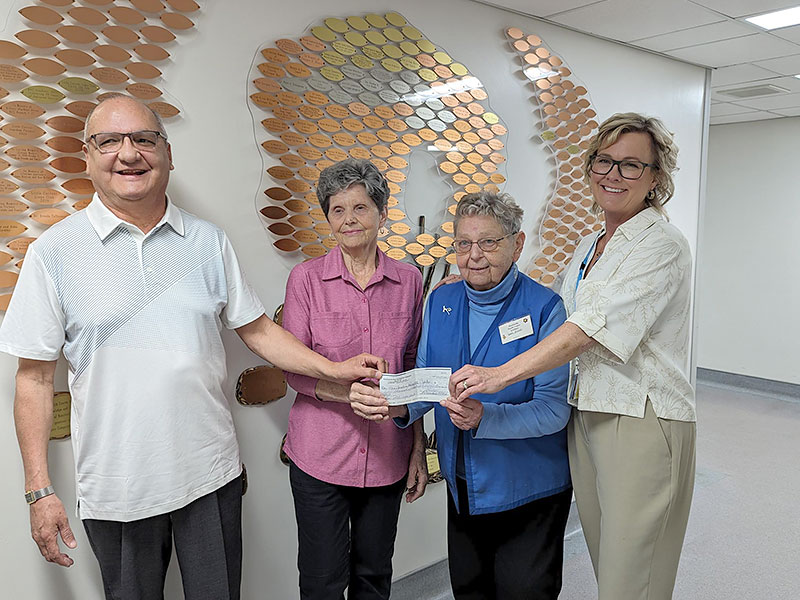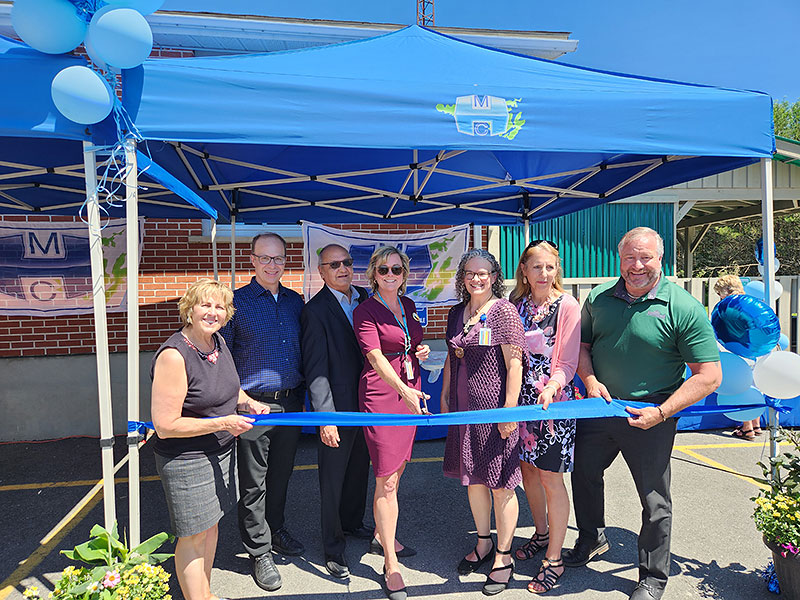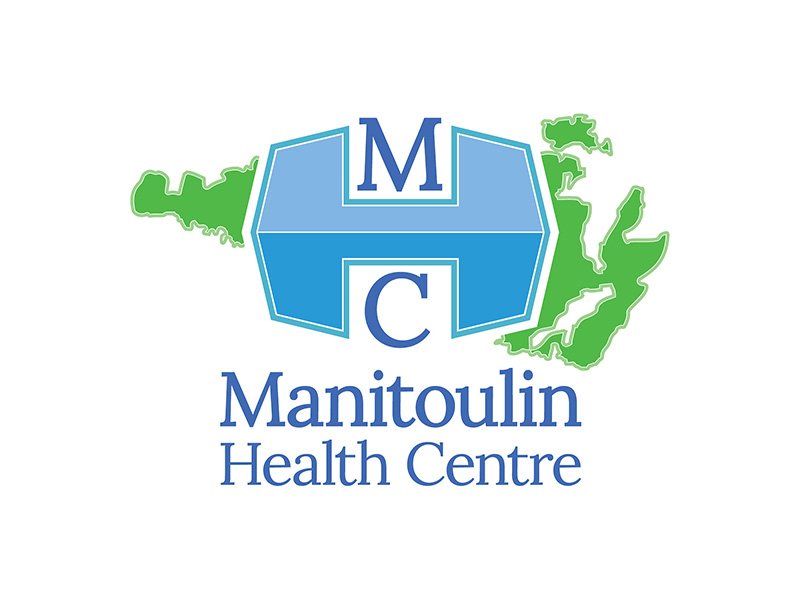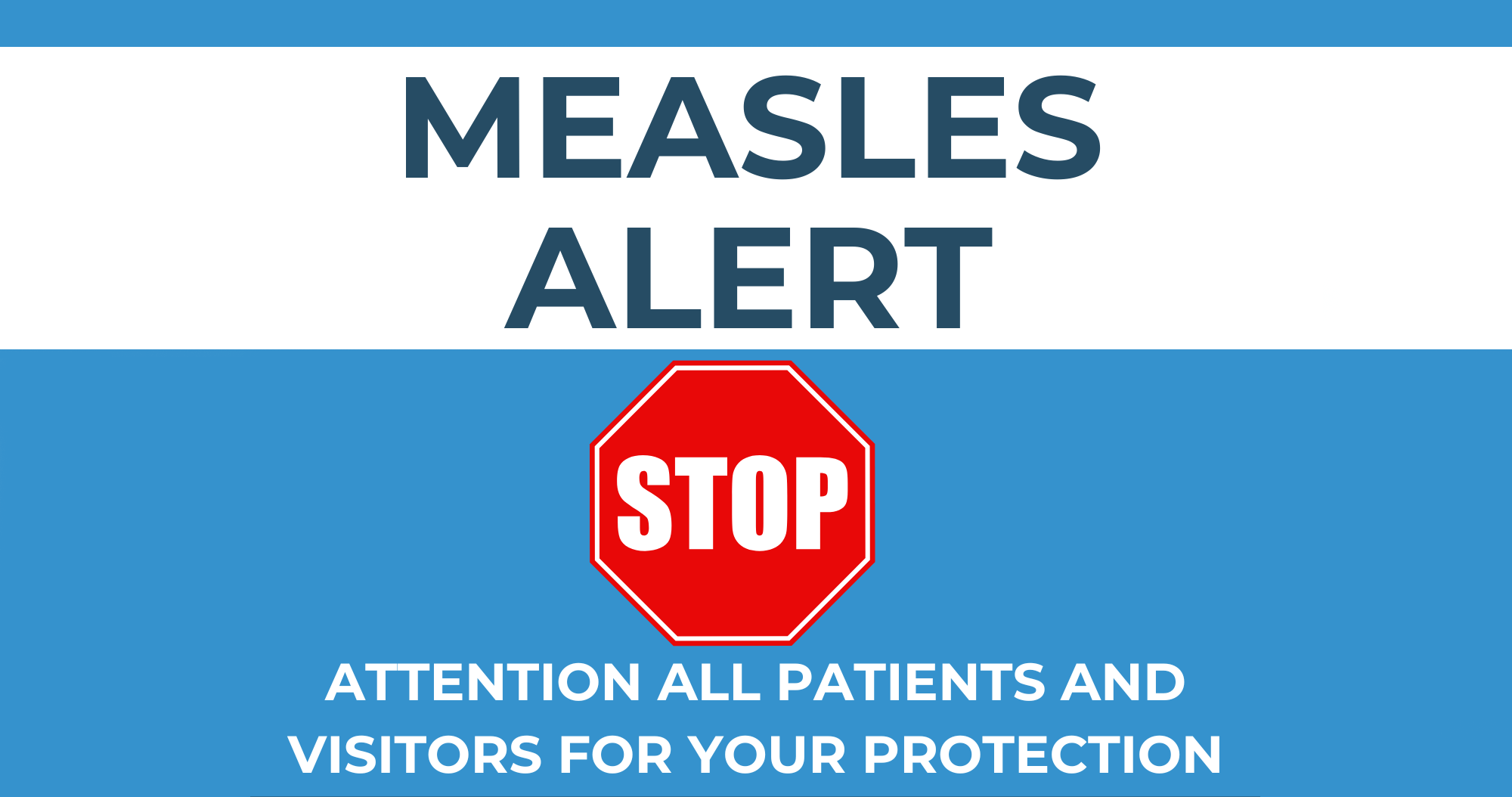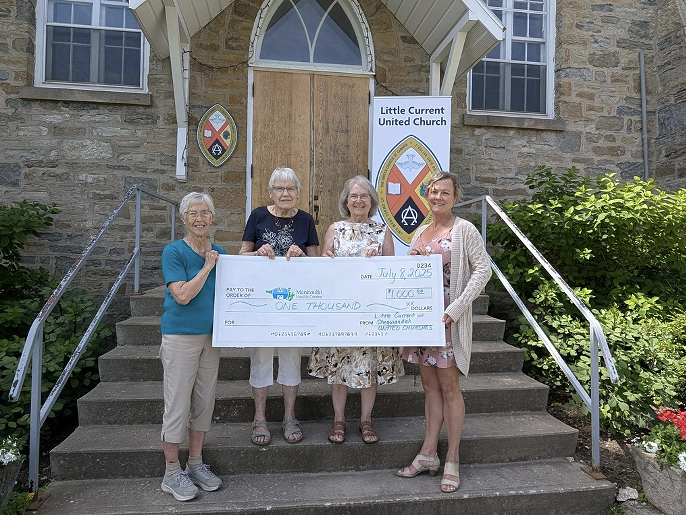MHC hired a physiotherapy summer student this year with the vision of having them help create a recreational therapy program for the hospital. This entails putting together evidenced based articles associated to how recreational therapy assists with acute care patients, policies/procedures on patient benefits and 2 carts (one for each site) stocked with activities that can be leveraged to support dexterity, mental/cognitive stimulation and enhance overall patients experience while in hospital.
Autumn Deschenes reports “Since I started working at the Little Current and Mindemoya hospital in May, I have been able to see first-hand the benefits of recreational therapy. I have been working with inpatients aged from 50 to 90 years old. I have had the opportunity to modify games to patients' ability levels and bring a little bit of fun to their stay at the hospital. Some of the games I have played with patients are ping pong, balloon volleyball, cards, and I have taken patients outside to get some fresh air. I find that after rec therapy patients are more alert, have more energy, and their mood has drastically improved. It is important to try to keep patients positive when in hospitals as it keeps their spirits up and gives them the motivation they need to keep progressing with their treatments throughout their stay”.
What is recreational therapy?
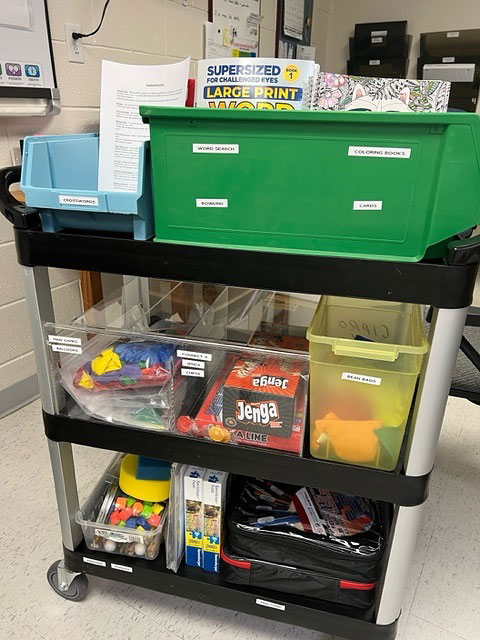 Recreational therapy is an activity-based therapy that helps improve a person's mental and physical health. This is also known as rec therapy and is used to restore a person's independence and help build or gain their confidence back from a previous injury or disability. This type of therapy is based on activities specifically modified for the patient and their ability level. Rec therapy can improve a person’s social skills as it focuses on interacting with participants and getting them to interact with the therapist.
Recreational therapy is an activity-based therapy that helps improve a person's mental and physical health. This is also known as rec therapy and is used to restore a person's independence and help build or gain their confidence back from a previous injury or disability. This type of therapy is based on activities specifically modified for the patient and their ability level. Rec therapy can improve a person’s social skills as it focuses on interacting with participants and getting them to interact with the therapist.
Benefits
- Helps with depression
- Helps decrease anxiety
- Reduces stress
- Improves overall mental health
- Improve confidence
- Improves mood and energy levels
- Problem solving skills
- Improve the bodies range of motion
- Helps build social connections
- Improve quality of life
- Increase strength and physical fitness
Who it helps
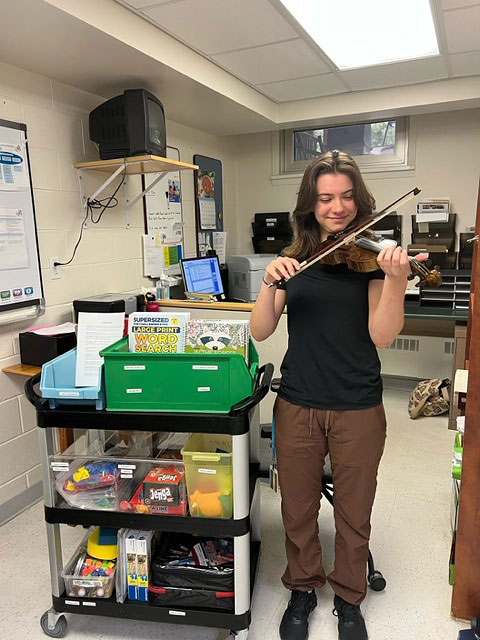 Recreational therapy can help with people who have mental health issues such as schizophrenia, addiction, depression, and anxiety. Rec therapy is also used to help people who have had surgeries, a stroke, or a longer-term illness that means awaiting long term care home or other assisted facilities.
Recreational therapy can help with people who have mental health issues such as schizophrenia, addiction, depression, and anxiety. Rec therapy is also used to help people who have had surgeries, a stroke, or a longer-term illness that means awaiting long term care home or other assisted facilities.
This type of therapy is often used for people with disabilities as activities can be modified to the person’s ability level and mood. Rec therapy is used in hospitals for inpatients and long-term patients, assisted living, and children's hospitals.
Examples of activities
- Board games
- Puzzles
- Ping pong
- Balloon toss
- Going for a walk outside
- Arts and crafts
- Music
To date – Autumn has had more than 130 patients interactions while at MHC. We are so proud of her helping us achieve great quality patient care – RPT.
Articles
https://www.atra-online.com/page/AboutRecTherapy
https://www.completetherapies.com/purpose-of-recreational-therapy/
https://www.verywellhealth.com/recreational-therapy-benefits-5213084
Main image above: Photo of the physiotherapy summer student assisting a patient with their therapy exercises.
